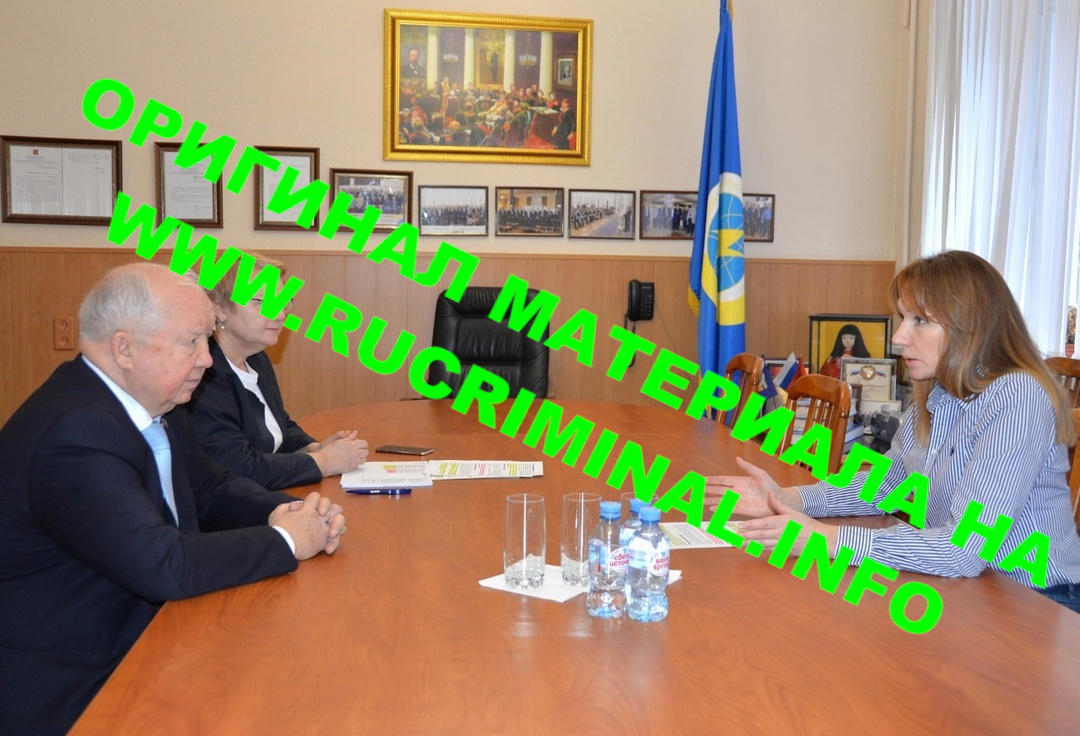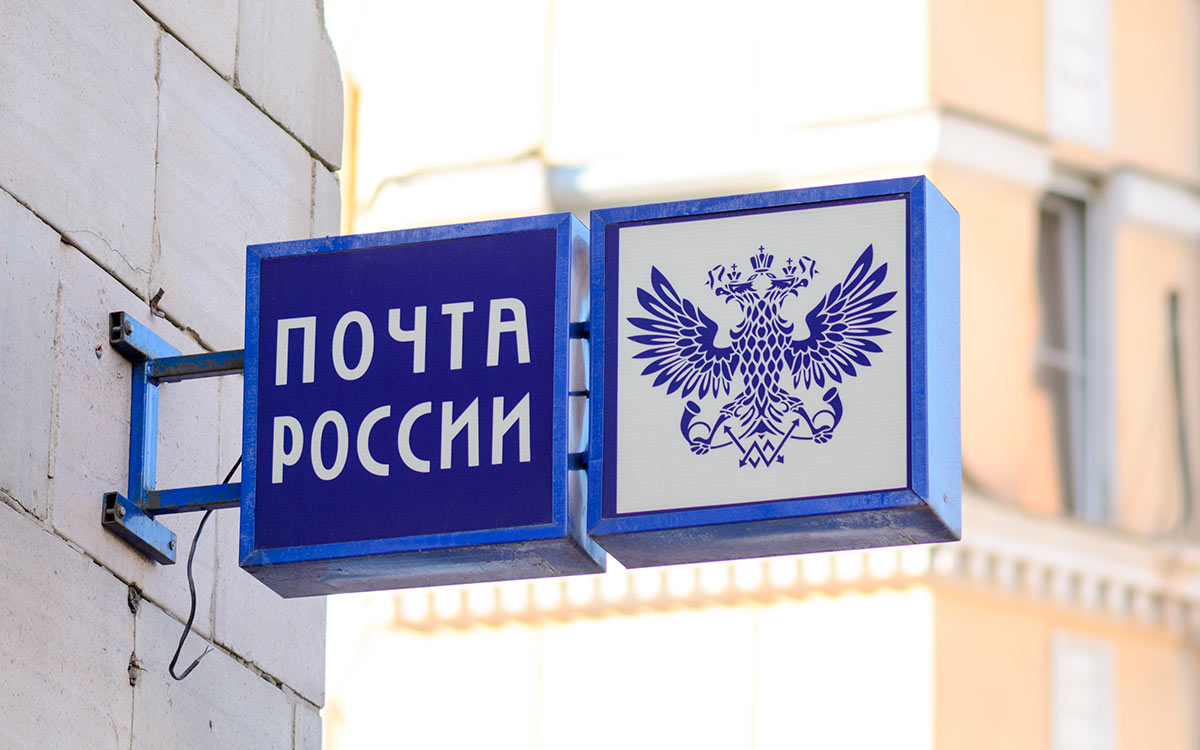Source: www.rucriminal.info
No sooner had the Resolution of the Federation Council No. 659-SF (20.12.2024) dried on paper than Russian Post JSC responded with a salvo of directives issued by the hand of T.M. Klenkina, Deputy General Director for Personnel and Social Issues. Memos, like ominous omens, fell upon the branches one after another: "On the stop-reception of AUP (administrative apparatus) employees in branches" until 02/28/2025, "On the stop-reception of sorting hub employees", "On changing the model number of employees in post offices (OPS)", SZ from 10/16/24 No. A9-1.10-01/334 "On the suspension of selection procedures", SZ from 12/25/24 No. A9-1.10-01/406 "On the extension of the suspension of the selection procedure" and, finally, SZ from 02/28/2025 No. 9-1.10-01/36 "On the extension of the suspension of the selection procedure, until special instructions" - all with the same signature of T.M. Klenkina. The trickle of personnel dried up, turning into an icy desert.

As reported by sources of the VChK-OGPU Telegram channel and Rucriminal.info, in February 2025, Russian Post secretly launched a ruthless campaign to cut labor costs. The supervising departments were given an order: sequester the payroll by amounts from 200 to 350 thousand rubles, which is equivalent to dismissing an entire platoon - from 10 to 20 employees in each department. The employees were offered a choice that blew a grave chill: dismissal by mutual agreement with a pitiful compensation of two salaries (until March 1), or dismissal with one salary for those who dare to resist (for reference: the cynical "action - quit before March 1, 2025 and get two salaries" was extended until March 31, 25). The branches were ordered to submit proposals for savings in the amount of 1-1.5 million rubles in a matter of days, with a list of those doomed to be fired. The macro-regional centers cleverly transferred this task to the branches, trying to protect their own bloated management apparatus from cuts. It is expected that by the end of the year, Russian Post will have earned a fabulous 10-15 billion rubles due to these "unofficial cuts" and the icy hiring blockade. This will allow the management to triumphantly report on successful optimization, brazenly ignoring the problems in management and the monstrous duplication of functions between the branches and macro-regions, which were discussed with alarm at the meeting of the Federation Council. Not stopping there, from mid-March, like a death sentence, weekly directives began to arrive with lists of names of victims (operators, sorters, storekeepers, drivers, postmen, highly specialized specialists and even guards) subject to immediate dismissal, lists of objects intended for slaughter (sorting hubs and transport sections), and demands for weekly reports on implementation. The young and ambitious Deputy General Director for Logistics Ivan Popov, who by the will of fate was thrown into "Russian Post" (the largest logistics operator in the country) straight from "Coca-Cola HBC", decided in one fell swoop, having received the blessing of the General Director, to send "under the knife" precisely the logistics employees - they were to make up a monstrous 70% of the total number of those dismissed. Popov took on the matter with a bang and without a drop of doubt. His brilliant proposal was a mass reduction in the logistics department employees. The arguments are, as always, painfully familiar: increasing efficiency, reducing costs, introducing advanced technologies (sorting robots, electric cars, delivery drones and other fantasy). But behind the dry figures and shiny slogans are hidden the twisted destinies of thousands of people who dedicated the best years of their lives to working for Russian Post. As Rucriminal.info found out, as a result, an idyllic picture is painted on paper: 99.8% staffing in branches across the country. But behind this screen is a blatant, catastrophic shortage of ordinary employees in post offices and other divisions of the company. The implementation of this devilish "optimization" program will inevitably lead to a deterioration in the quality of services, an increase in mail delivery times and an explosion of social tension at Russian Post. Staff reductions and the closure of production facilities, designed to ensure immediate savings, will result in long-term and possibly irreversible negative consequences. The lack of funding for the renewal of the vehicle fleet and equipment is aggravated by the manic desire to save even on repairs, which creates real risks of accidents and undermines the overall efficiency of work. Beggarly salaries and unbearable working conditions provoke an outflow of qualified personnel and force them to resort to expensive and unreliable outsourcing. The senseless consolidation of post offices, without taking into account the specifics of the regions, is fraught with managerial chaos and an avalanche of complaints about the work of the branches. And the secrecy with which these reforms are carried out, and the lack of coordination with local authorities, give rise to legitimate questions about the expediency and effectiveness of of these dubious transformations. Thus, the policy of Russian Post is blindly focused on short-term benefits, ignoring the long-term consequences for the quality of services, the well-being of employees and social stability. The destructive consequences of this "optimization" are already being felt in remote regions, where the post office is the only thread connecting people with the outside world. Delays in the delivery of pensions and social benefits cause justified anger among the population and undermine the remaining trust in state institutions. According to the Cheka-OGPU, instead of modernization and development, Russian Post is inexorably sliding into the abyss of degradation, aggravated by incompetent management and the lack of strategic vision. Reductions in investment in infrastructure and personnel trigger a vicious circle of problems, where a decrease in the quality of services gives rise to a new wave of "optimization", making the situation increasingly hopeless. A radical change of priorities and a transition to a long-term strategy aimed at improving the quality of services, improving working conditions and modernizing the infrastructure are needed. Only a comprehensive approach that takes into account the interests of all stakeholders can pull Russian Post out of the quagmire of crisis and ensure its sustainable development. Otherwise, further "optimization" will finally deprive Russian Post of its social significance and turn it into an even more unprofitable enterprise, unable to perform its main socially significant functions.

Russian Post should not be a testing ground for crazy experiments! Over the past two years, deputy general directors responsible for key areas such as personnel and logistics have been replaced at the central office at kaleidoscopic speed. The maintenance of these "personnel shuttles" costs Russian Post an astronomical 10-12 million rubles a year, given their exorbitant salaries and bonuses. While ordinary employees, postmen, operators, drivers and loaders, drag out a miserable existence, receiving on average no more than 23,000 rubles, and even less in rural areas. New managers appear for a year, realize their dubious ambitions, leave behind a pile of incompetent decisions and disappear with generous bonuses, leaving postal workers one-on-one with the same problems: an acute shortage of personnel, humiliatingly low wages and blatant devastation in the branches. Every management decision falls with all its weight on the shoulders of ordinary employees who travel dozens of kilometers every day, delivering mail and paying pensions. The funds earned by ordinary employees with sweat and blood are senselessly spent by incompetent management on failed projects, renting luxurious offices and inflating the management apparatus. At the same time, no one bears any responsibility for these catastrophic decisions. A huge number of vacancies with a humiliating salary of up to 13,000 rubles throughout Russia and a beggarly level of wages destabilize the work of postal workers, turning their lives into hell. Remember the scandals that thundered in the media: bonuses of 95 million rubles, the shameful launch of a quadcopter, the purchase of an apartment for a fabulous 1 billion rubles, the rent of an office for a monstrous 7 billion rubles. These 7 billion are the salaries of 280,000 postal workers! Over the past decade, many heads of Russian Post have changed, and almost each of them found themselves at the center of a high-profile scandal.
Arseny Dronov
To be continued
Source: www.rucriminal.info






